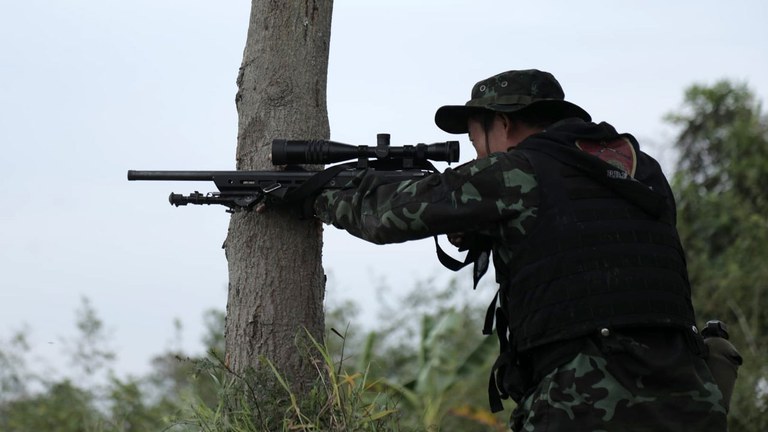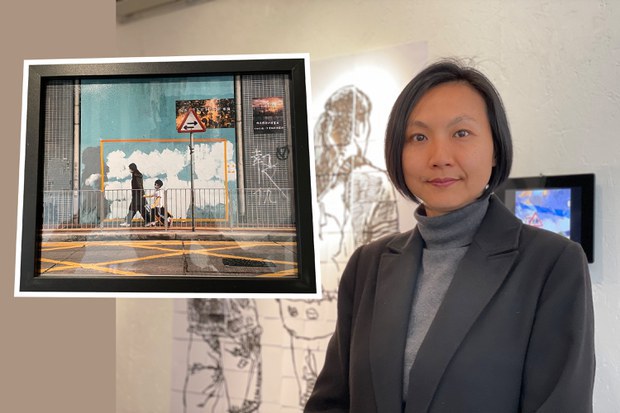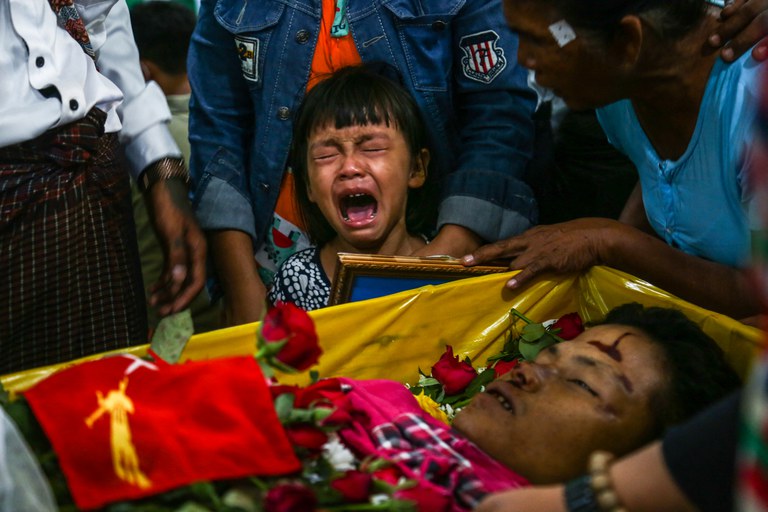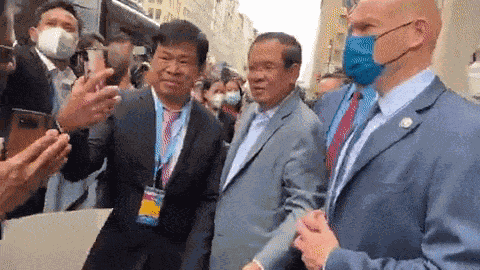Vietnam ethnic minority activist jailed for 4 years for reporting abuse allegations
An ethnic Ede Montagnard minority activist was sentenced to four years in prison on Friday for submitting three reports about human rights violations in Vietnam to “reactionary forces” overseas, another activist who followed his trial said. A court in Cu Kuin district, Dak Lak province, sentenced Y Wo Nie on the charge of “abusing the rights to freedom and democracy” under Article 331 of Vietnam’s Penal Code, said activist Vo Ngoc Luc, who followed the trial developments as they were broadcast over a local loudspeaker. The article prohibits citizens from abusing “the rights to freedom and democracy to violate the State’s interests and the legitimate rights and interests of organizations and individuals.” Rights groups have criticized the statute as providing authorities widespread latitude to crack down on any criticism of the government. Nie participated in several online training courses held by “reactionary forces.” The classes included lessons on religious faith, Vietnam Civil Law, international human rights law, the Montagnard experience in Vietnam, and how to document human rights abuses, according to the online news outlet Congly, the mouthpiece of the Supreme People’s Court of Vietnam. “Learning about human rights is very good — that’s what I told security officers whom I met this morning,” Luc said. “You cannot convict [people] for taking online courses on human rights.” Prosecutors failed to provide evidence to support a second accusation against Nie for “providing false information,” Luc said. “They were all general and ambiguous accusations,” he said. “Saying the sentence was too heavy is wrong,” Luc added. “I would say it was groundless. If we lived in a civilized world, then the court would declare his innocence, set him free right at the trial, and the investigation agency would apologize him.” In its indictment, the Cu Kuin People’s Procuracy said that in 2020 Nie collected distorting and false information and composed three reports on human rights violations and sent them to “reactionary forces overseas” via the WhatsApp instant messaging service. The indictment also said Nie met with the delegates from the U.S. Embassy and Consulate General in Vietnam when they visited the Gia Lai province in June 2020. The judges concluded that Nie’s acts had affected social safety and order, political security and government administrative agencies’ activities, undermining confidence in the regime and at home and abroad. When Nie was arrested in September 2020, Cu Kuin police officers said that they seized “many materials with false content and images slandering, insulting and defaming the prestige and dignity of the party, state, local authorities, the public security forces in Cu Kuin district and in Dak Lak province.” Prior to the September 2020 arrest, Nie received a nine-year jail term for “sabotaging the national unity policy.” In recent decades, many ethnic minority groups in Vietnam’s Central Highlands, including the Montagnards, have been persecuted for their religious beliefs and seen their land confiscated without adequate compensation. The crackdowns tend to ramp up on the groups when they try to fight back and report these human rights abuses, activists said. Translated by Anna Vu for RFA’s Vietnamese Service. Written in English by Roseanne Gerin.









